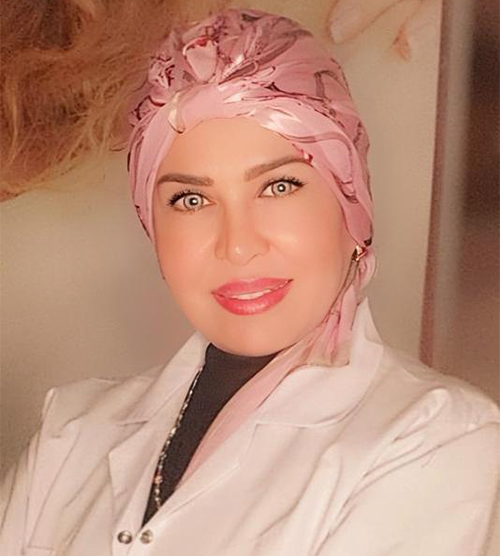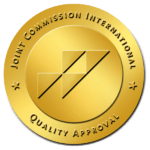REPEATED IVF FAILURE
Infertile patients who have undergone many IVF cycles and produced good embryos – but the embryos have consistently failed to implant for unexplained reasons. Some couples stop trying because of financial reasons and some accept being childless as their destiny.
The problem areas can be divided into the embryo, the endometrial lining, and the interaction between the embryo and the endometrium.
Various attempts to improve success in repeated IVF failure include:
TRANSFER OF MORE NUMBER OF EMBRYOS –
While transferring more embryos does increase the risk of high – order multiple pregnancies, this risk is negligible in difficult patients (for example, the older women or women with previous failed IVF cycles)
IMMUNE FACTORS –
Failure of proper function of Immunologic interaction between Embryo and Endometrium during implantation has been implicated as a cause of recurrent miscarriage, late pregnancy fetal loss, IVF failure and infertility. A partial list of Immunologic factors that may be involved in these situations includes anti-phospholipid antibodies (APA), antithyroid antibodies (ATA), and activated natural killer cells (NKa). Therapeutic immunomodulation can be achieved by using
- Corticosteroid Therapy ( Prednisolone and Dexamethasone)
- Low molecular weight Heparin and Aspirin
- Intravenous Immunoglobulin G (IVIG)
- Intralipid Therapy
BLASTOCYST TRANSFER –
Blastocyst Transfer is a viable method for improving the chance for IVF implantation. In fact, the combined data from the Centers for Disease Control, USA indicate that at every age group , the chance for IVF implantation is higher with a day five transfer than a day three transfer.
ASSISTED HATCHING –
Before an embryo can implant in the lining of the uterine cavity, it must break out or “hatch” from the shell that surrounds it. This allows the embryo to come into direct contact with the cells of the uterine lining. This shell around the embryo is called the Zona Pellucida. It has been thought by some researchers that IVF implantation may fail in some cases because of the inability of the embryo to hatch out of the Zona Pellucida. Assisted Hatching is the process of creating a hole in the Zona Pellucida, to aid the embryo in the hatching process.
UTERINE INFECTION –
The inside of the uterine cavity is normally considered to be a sterile environment. It has been strongly suspected that infection of the uterine cavity with bacteria may cause an inhospitable environment that would lead to failure of embryos to implant. An endometrial biopsy procedure may be called for, in order to make an effective assessment. Infections can be treated with antibiotic use. There are also other infectious diseases that can be considered during this investigation such as CMV, IgG, Chlamydia and more.
REMOTE CYCLE TRANSFER OF EMBRYOS –
This is done because Endometrial receptivity may be sub-optimal in a super ovulation cycle, because of all the hormones which have been injected. Because the thrust of super-ovulation is to focus on growing good quality eggs, sometimes we may not be able to optimize endometrial receptivity at the time at which the eggs are ready for retrieval. Once we have frozen oocytes/embryos, we can then focus all our energies in the next cycle on improving endometrial receptivity. This approach allows us to maximize the chances of implantation, because we are transferring good- quality embryos into an optimally prepared endometrium.
PREIMPLANTATION GENETIC DIAGNOSIS –
There is a clear evidence that implantation failure in women of advanced age is closely linked to embryonic aneuploidy. Studies indicate that while increased implantation efficacy rate was not proven, PGD for aneuploidy reduced the rate of embryo loss after implantation.
Meet Our Doctors
Our team

Dr. Mohamed Osama Taha

Dr. Gomathy Nachimuthu

DR. IBTESAM SHEYA A. SHANEEN AL JABAWY


